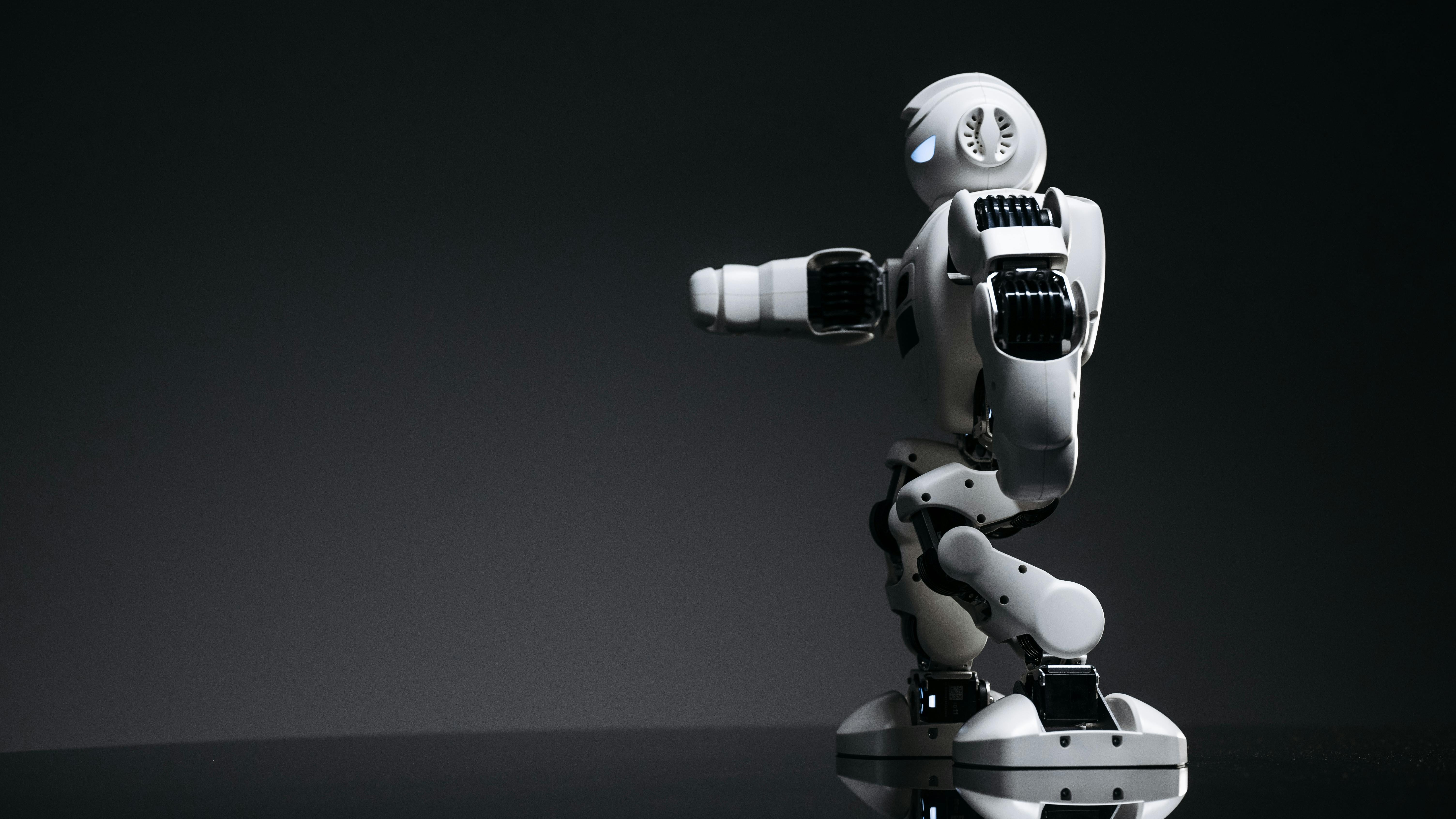
Is AI Becoming Our New Best Friend at Work?
As artificial intelligence continues to permeate every aspect of our lives, we find ourselves in a curious situation where AI chatbots are becoming more than just tools—they're being viewed as companions. The implications for workplace dynamics are significant and warrant careful consideration for employers and HR leaders.
The Allure of ChatGPT as Your Workplace Buddy
For many, engaging with AI tools like ChatGPT has evolved into forming what feels like a friendship. Take, for instance, Nicole Ramirez, who began simply drafting emails. Over time, her chatbot, affectionately named Deborah, became her go-to confidant in both work-related concerns and personal challenges. This phenomenon raises important questions: What role should technology play in human connection?
The Risks of Emotional Dependence on AI
While the benefits of efficiency and quick responses can be appealing, experts warn that leaning too heavily on AI could lead to diminished interpersonal skills. This trend could potentially erode critical thinking abilities, making employees more reliant on technology rather than human interaction. Behavioral scientist David De Cremer notes that this habit risks creating a perception of individuals as less creative and lacking in growth potential, which could hurt their long-term career prospects.
Navigating the New Normal in Work Relationships
As more employees begin to see AI chatbots as substitutes for real-life connections, the workplace landscape is changing. Many workers still interact with their human colleagues but are doing so less frequently. In an era where one-third of U.S. workers prefer the convenience of chatbots over reaching out to coworkers for assistance, fostering a strong human-to-human connection has never been more critical.
Strategies for Employers: Enhancing Human Interaction
To combat these trends, employers must prioritize employer branding and strong employee value propositions (EVPs) that emphasize the importance of interpersonal connections. This can be achieved through effective onboarding experiences and optimizing the candidate journey on career sites. Enhancing internal communication strategies will also help cultivate a workplace culture that encourages collaboration and inclusivity. By doing so, companies can ensure that technology acts as an enabler rather than a substitute for human interaction.
Conclusion: Embracing AI Wisely
As we stand on the cusp of a new era where AI is becoming an integral part of our work lives, a balanced approach is vital. Employers should embrace the efficiency that AI offers while fostering an environment that nurtures human relationships. After all, meaningful connections at work lead to a more engaged workforce, which ultimately drives success.
 Add Row
Add Row  Add
Add 




Write A Comment